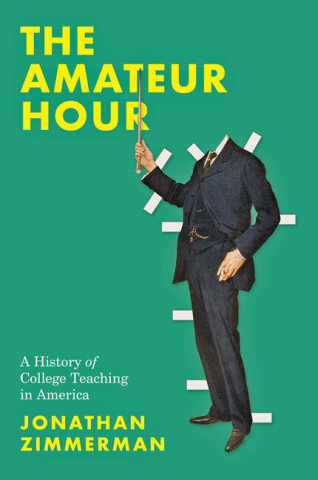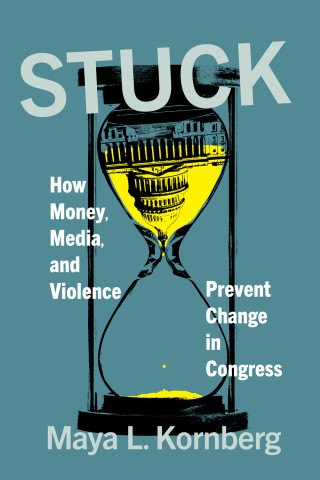
Reviews
In a time of fierce differences over the fundamental values of our democracy, Michael Feuer brings to the argument a clear understanding of the politics, psychology, and economics of education and their relationship to concepts of the "common good." This book builds on the author's deep knowledge and experience to propose a new and hopeful roadmap for civic learning. It is rich in ideas and insights that make it a must-read for educators, policy makers, and everyone who cares about the future of our democracy.
In a democracy, the education of the young is the one true hope for its preservation. Thomas Jefferson knew that John Dewey knew that, and Michael Feuer reminds us once again. Hopefully, we listen to this important message.
At a time when one national political party has decided that the path to permanent political power goes through local school board elections, Feuer provides both scholars and practitioners with a timely and reasoned way forward on how schools can once again be called upon to save democracy by revitalizing civic education at a critical and pivotal moment in our history.
This is a deeply knowledgeable, deeply wise, deeply felt brief for civics education in public schools. Michael Feuer's optimism that schools can make a meaningful dent in our stubborn, stuck national political culture is inspiring, and it ought to be a spur to action.
Book Details
Introduction: Education and Democracy
1. Free to Bruise: Political Economy and the Limits of Liberty
2. Civics as Process and Product: Origins and Opportunities
3. Curriculum Options: Schools of Thought
4
Introduction: Education and Democracy
1. Free to Bruise: Political Economy and the Limits of Liberty
2. Civics as Process and Product: Origins and Opportunities
3. Curriculum Options: Schools of Thought
4. Beyond the Schoolhouse: Education as Public Good
Postscript: "Commons" Sense in Democratic Education
Acknowledgments
Notes
References
Index






